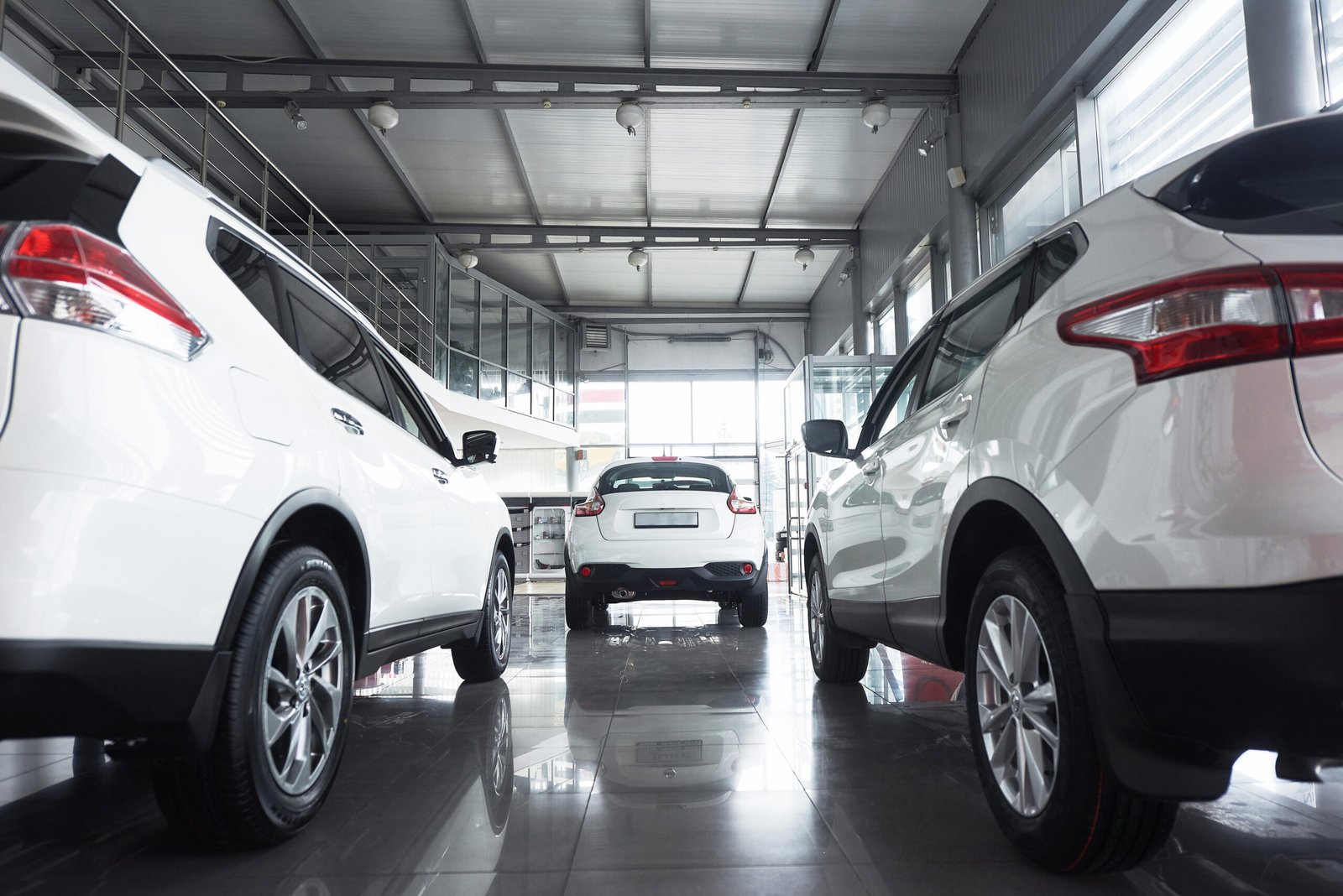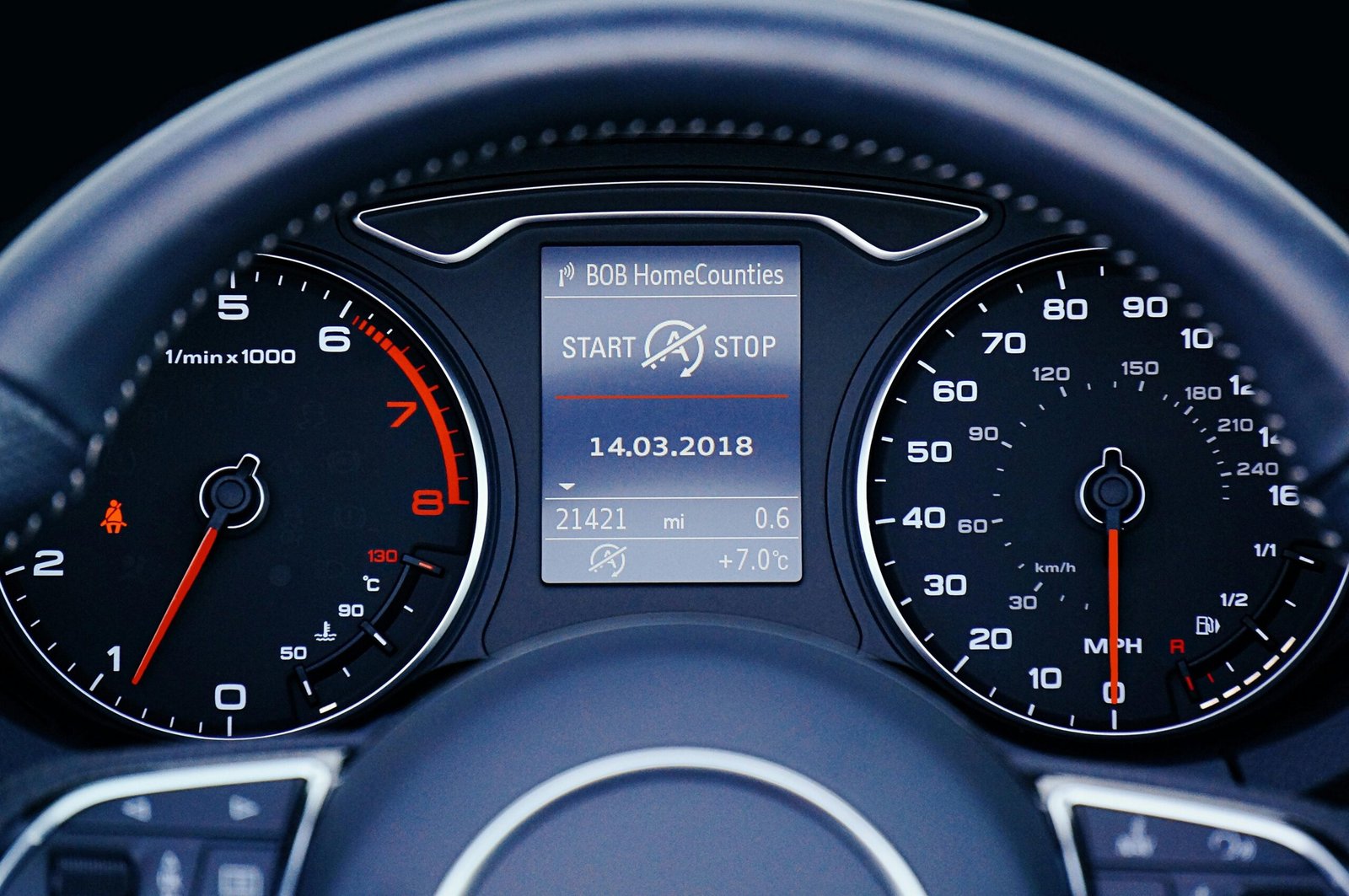1. Introduction
In the contemporary automotive market, fuel efficiency is more than a buzzword; it’s a key factor driving consumer choice in the UK. With rising fuel prices and growing environmental concerns, selecting a car with optimal fuel efficiency is both an economic necessity and an ecological responsibility. This comprehensive guide aims to navigate through the myriad of fuel-efficient cars available in the UK, showcasing how advancements in technology have revolutionized this sector. Whether you’re seeking a family car, a city runabout, or a long-distance cruiser, understanding the options can lead to a choice that benefits both your wallet and the planet.
2. The Importance of Fuel Efficiency
Fuel efficiency is not just about saving money at the pump; it’s about reducing our carbon footprint and lessening our dependence on fossil fuels. In the UK, where road transport is a significant contributor to greenhouse gas emissions, opting for a fuel-efficient vehicle is a conscious step towards mitigating environmental impact. It’s also about future-proofing your investment. With the UK government’s ambitious environmental targets, including the proposed ban on the sale of new petrol and diesel cars by 2030, choosing a fuel-efficient vehicle now is a savvy long-term decision. Moreover, fuel-efficient cars often come with reduced road tax and other financial incentives, adding to their appeal.
3. Top Fuel-Efficient Cars in the UK
– Hybrid Models
Hybrid vehicles are an excellent choice for those who are environmentally conscious but not ready to transition fully to electric vehicles. The Toyota Prius continues to be a leader in this segment, boasting exceptional fuel economy and a proven track record of reliability. The Kia Niro Hybrid is another excellent option, offering a more SUV-like experience without compromising on efficiency. These models are particularly suitable for city driving where their regenerative braking systems can maximize efficiency.
– Electric Vehicles
Electric vehicles (EVs) represent the pinnacle of fuel efficiency. The Tesla Model 3, with its impressive range and high-performance capabilities, is a popular choice for those looking for a premium electric experience. For a more budget-friendly option, the Renault Zoe offers great value and practicality for city driving. The expansion of the UK’s charging infrastructure is making EVs more viable for a wider range of consumers, diminishing the ‘range anxiety’ that has historically been a concern.
– Diesel and Petrol Options
Despite the shift towards electric and hybrid models, traditional diesel and petrol cars continue to offer good fuel efficiency. The Volkswagen Golf TDI, for example, remains a favorite for its blend of efficiency, performance, and practicality. Petrol options like the Peugeot 208 offer advanced engine technology like PureTech, which provides high efficiency without sacrificing performance. These vehicles are ideal for those who cover long distances regularly and where a petrol or diesel engine’s range and refueling convenience are advantageous.
4. Factors Contributing to Fuel Efficiency
Fuel efficiency is influenced by more than just the type of engine. Aerodynamics, weight, tire design, and even driving habits play significant roles. Modern cars are designed with improved aerodynamics to reduce drag. Lightweight materials are increasingly used to decrease overall weight, thereby enhancing efficiency. Advances in tire technology have also contributed to better fuel economy by reducing rolling resistance. Additionally, features like start-stop technology and eco-driving modes help in maximizing efficiency, making them key considerations for prospective buyers.
5. Balancing Efficiency with Other Features
While fuel efficiency is a priority, it’s essential to balance this with other aspects like safety, comfort, and overall driving pleasure. Many fuel-efficient cars come equipped with the latest safety technologies, including advanced driver-assistance systems (ADAS), which enhance both safety and driving ease. Comfort is another critical factor, with many eco-friendly models offering spacious interiors, advanced infotainment systems, and high-quality materials. Buyers should also consider the driving dynamics of the vehicle, as a responsive and enjoyable driving experience can coexist with fuel efficiency.
6. Future Trends in Fuel Efficiency
The future of fuel efficiency in the UK is closely linked to the evolution of electric and hybrid technologies. With continuous improvements in battery technology, the range and performance of electric vehicles are expected to improve significantly. Hybrid technology will also evolve, with plug-in hybrids (PHEVs) playing a more prominent role in bridging the gap between traditional combustion engines and fully electric vehicles. Additionally, the development of alternative fuels, like hydrogen fuel cells, could play a significant role in the future automotive landscape, offering new pathways to efficiency and sustainability.
7. FAQs
Q: How does driving style affect fuel efficiency?
A: Efficient driving, such as maintaining steady speeds, gentle acceleration, and anticipating traffic flow, can significantly improve a car’s fuel economy.
Q: Are there any tax benefits to owning a fuel-efficient car in the UK?
A: Yes, owners of low-emission vehicles can benefit from reduced vehicle excise duty (VED) and possible exemptions from congestion charges in certain areas.
8. Conclusion
In conclusion, the quest for the most fuel-efficient cars in the UK is not just a pursuit of economic benefits but a reflection of a growing environmental consciousness among consumers. With a range of options from hybrids to fully electric vehicles, there is a fuel-efficient car to suit almost every need and preference. As technology continues to advance, these vehicles will become even more efficient, affordable, and accessible. By choosing a fuel-efficient car, consumers in the UK are not only making a smart financial decision but are also contributing to a more sustainable and environmentally friendly future. The journey towards greater fuel efficiency is an exciting and ever-evolving road, one that promises to reshape the automotive landscape in the years to come.




